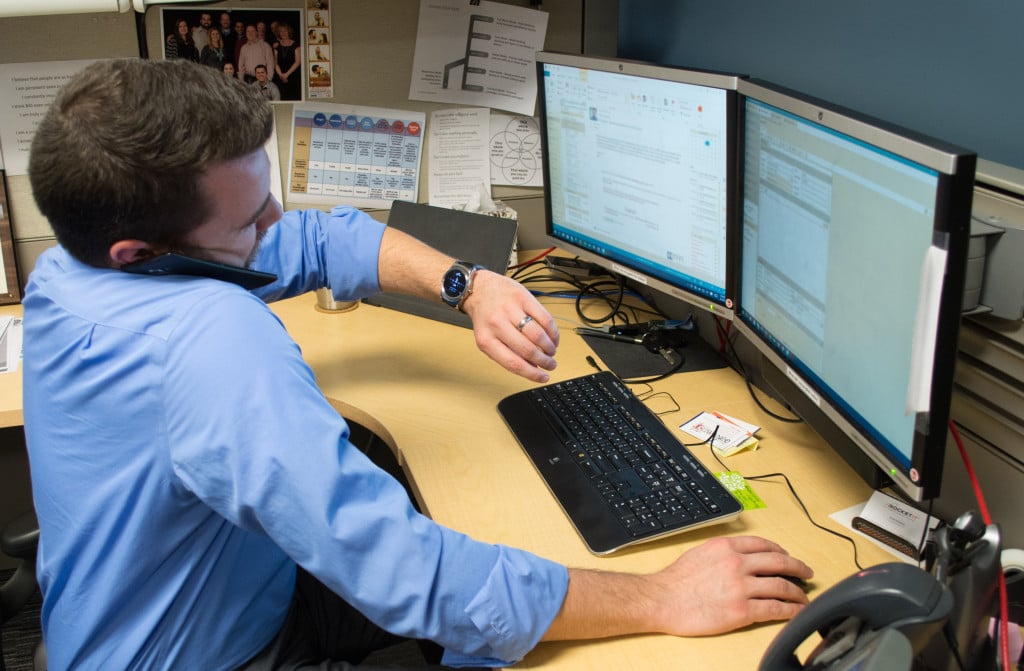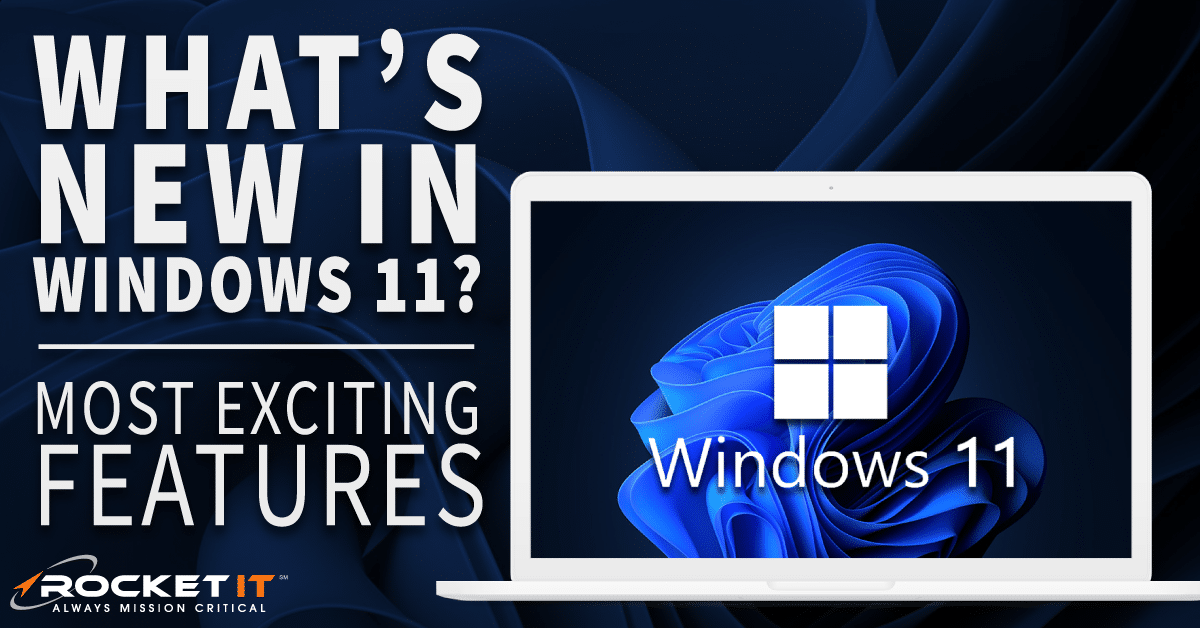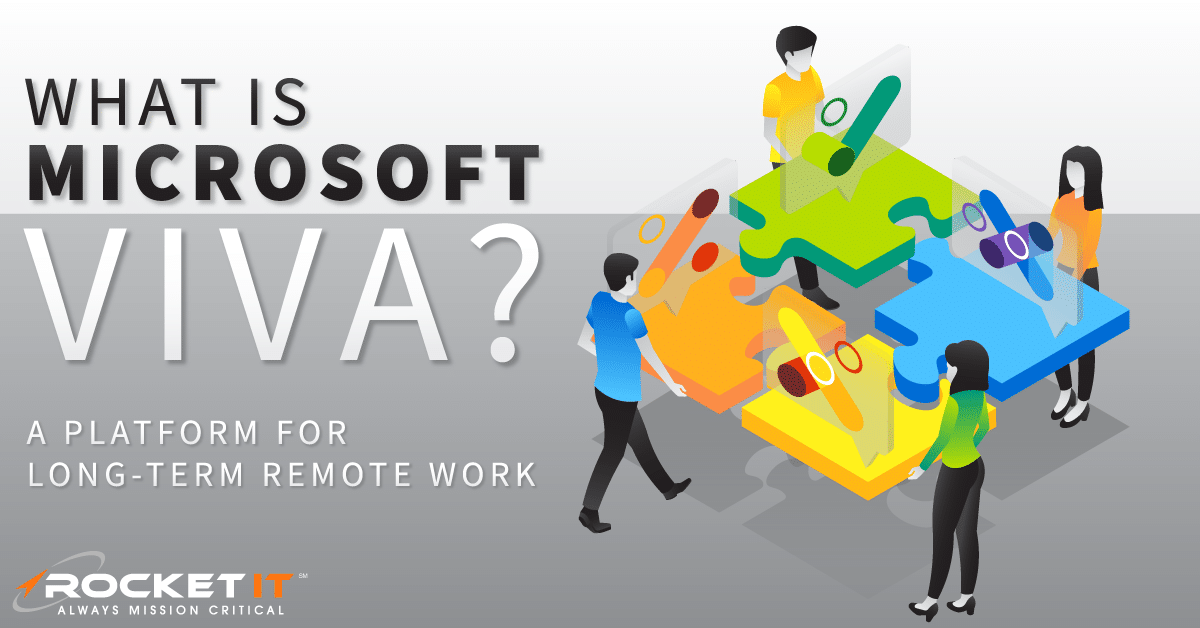What The Research Says About Multitasking And Its Pitfalls

Multitasking. You love it, you hate it, and you can’t seem to stop doing it. Every office has the Ultimate Multitasker – the coworker who proclaims they are much more productive while multitasking and, while others may not be suited for it, they are a master of it. But does multitasking actually work?
Science says no.
When you multitask and switch between different tasks, you lose productivity in the time it takes your mind to adjust to doing a new task… According to some studies, shifting between tasks can actually cost as much as 40% in productivity. [i] While the time your mind takes between the change in goals itself is relatively small (and virtually unnoticeable to you), those few seconds add up the more you do it.
For those Ultimate Multitaskers, not only are they losing productivity time in doing this, but they’re actually worse at multitasking than people who don’t normally multitask. Everyday multitaskers have a hard time focusing on segments of information; their mind is always trying to focus on all the information in front of them and tasks ahead of them.[ii]
Staying Focused
As a reformed multitasker myself, I have to fight my straying attention to my ever-growing list of things to do as I write this.
When you’re constantly switching between things and working to stay focused, the little things tend to slip. The work of multitaskers tends to have more mistakes than non-multitaskers. It’s hard to see all the minute items when you’re so busy focusing on the bigger picture. Sure, the Monet looks great as a whole, but it’s the tiny brushstrokes that got it there.
Part of the reason multitaskers finds it so hard to get into the nitty-gritty details and focus in while blocking everything else out is because multitasking on a regular basis may actually change your brain. A 2014 study found that people who regularly use a higher number of devices at once actually have less gray matter density in the anterior cingulate cortex (ACC), the part of the brain that handles cognitive and emotional control functions.[iii]
Logging Off Multi-Tasking Pitfalls
Good news for our multitaskers; other studies suggest that training on something that requires focus can increase gray matter density.
Rest assured that listening to music while you do the dishes probably won’t end poorly, but maybe it’s time to stop spinning so many plates while you’re in the office.
Research Citations
[i] http://www.apa.org/research/action/multitask.aspx
[ii] http://news.stanford.edu/news/2009/august24/multitask-research-study-082409.html
[iii] http://www.eurekalert.org/pub_releases/2014-09/uos-bsr092314.php

Want technology and leadership content sent directly to your inbox? Subscribe to Rocket IT’s monthly newsletter!
Related Posts
Subscribe to Rocket IT's Newsletter
Stay up to date on trending technology news and important updates.

Find out if Rocket IT is the right partner for your team
Claim a free consultation with a technology expert.











